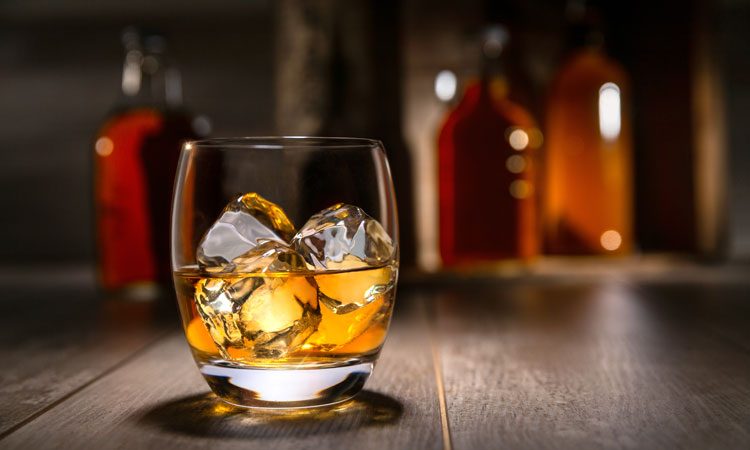Record number of trade mark registrations made for UK craft spirits
- Like
- Digg
- Del
- Tumblr
- VKontakte
- Buffer
- Love This
- Odnoklassniki
- Meneame
- Blogger
- Amazon
- Yahoo Mail
- Gmail
- AOL
- Newsvine
- HackerNews
- Evernote
- MySpace
- Mail.ru
- Viadeo
- Line
- Comments
- Yummly
- SMS
- Viber
- Telegram
- Subscribe
- Skype
- Facebook Messenger
- Kakao
- LiveJournal
- Yammer
- Edgar
- Fintel
- Mix
- Instapaper
- Copy Link
Posted: 6 November 2019 | Rachael Harper (New Food Magazine) | No comments yet
The UK craft spirits industry has filed a record number of trade mark registrations, rising 12 percent in the past year compared to the year before.


The UK craft spirits industry has filed a record number of trade mark registrations in the last year, says the law firm Reynolds Porter Chamberlain (RPC), with the number of new trade marks registered for spirits rising 12 percent in the past year (2,482 were filed in 2018, up from 2,210 in the previous 12 months).
RPC says the number of new spirits brands and individual products are both rising as the major global drinks manufacturers respond to the boom in craft spirits, pioneered by independents, by launching innovative flavours and unusual colours.
“Consumer demand for new flavours and experiences has contributed to increased innovation and diversification of product lines – we are seeing all kinds of exciting new infusions,” said Ciara Cullen, Head of Food & Drink, RPC. “A lot of multinational distillers are now bringing out extra lines and limited runs of niche drinks, to compete with independents that have started to bite into their market share.”
The number of distillery businesses in the UK has increased by 21 percent in a year to 205 in 2018, up from 170 in 2017.
“Multinational distillers are now bringing out extra lines… of niche drinks, to compete with independents that have started to bite into their market share.”
Flavoured gins also had a record year in 2018, with a 751 percent increase in sales in the UK, according to the Wine & Spirits Trade Association 2018 Market Report.
This trend towards a proliferation of varieties has spread to other spirit types, such as rum, whiskey and tequila, the law firm says, with each new sub-brand and product line creating the demand for trade mark protection.
“The importance of establishing a distinctive brand identity in today’s highly competitive spirits market cannot be overstated,” added Ben Mark, IP Partner at RPC. “Failure to adequately protect that intellectual property can result in brand value becoming diluted by rivals launching copycat products. Should that end in litigation, having trade marks in place is crucial.”








